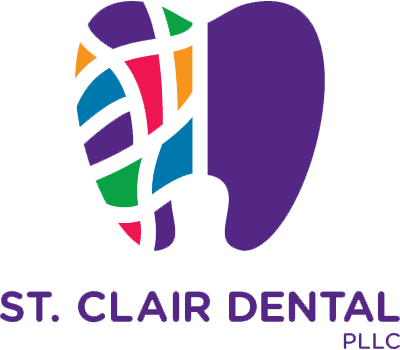As we age, we face a growing number of health issues, oral health among them. While it’s commonly thought that losing our teeth is normal as we age, this doesn’t have to be the case. With persistent oral hygiene and regular visits to the dentist, it’s possible to keep our teeth into our golden years. No matter your place in life, maintaining a healthy smile is important. Neglecting the health of your gums and teeth can cause serious consequences down the road. One of the biggest risks seniors face regarding their oral health is the onset of infections, dental pain, and tooth loss.
Oral Health Risks Associated With Aging
Studies done on the oral health of seniors show that maintaining their oral health can be a significant struggle. This is due both to the wear and tear of time, declining physical abilities, and reduced economic affluence after retirement. It’s common for those who lack proper insurance to have failing health, and this can contribute to oral health issues as well. Those who are over 65 demonstrate an increased risk of dental health problems. Common factors involved in declining health in the elderly include:
- Environmental factors
- Economic disadvantage
- Reduced access to dental insurance
- Growing health concerns
- Genetic factors
- Weakening enamel
- Poor blood flow in the gum due to dilation
- Difficulty brushing due to reduced physical ability
An inability to receive sufficient oral health care is a major contributor to dental problems in seniors. This, when combined with difficulty performing proper oral hygiene, creates numerous problems. These factors, along with those mentioned above, are involved in the prevalence of the following conditions in seniors:
- Gum Recession: Receding gumlines are common as we age due to the natural recession that occurs over time. This can make older patients more vulnerable to periodontal, and gum disease as plaque and bacteria gain access to the weaker enamel on the roots.
- Tooth Decay: Just as the gums recede over time, the enamel on the teeth of older patients wears down as well. This makes them more at risk of tooth decay and related concerns.
- Endodontic Tooth Pain: It’s also common for the teeth to grow more sensitive as time goes by. In addition, bacterial infections can cause teeth to become necrotic, roots to calcify, and infections to set in in the soft inner pulp of the tooth.
- Dry Mouth: There are numerous reasons why dry mouth can affect seniors. Medication is one of the leading causes as some treatments for chronic pain and other symptoms impede saliva flow.
- Thrush: Similarly, other medications, and dry mouth itself, can lead to older patients becoming vulnerable to thrush. This oral yeast infection isn’t commonly seen outside of immunosuppressed patients, the very young, and senior citizens.
Ongoing Dental Care Is The Best Preventative
Avoiding these problems as we get older can be difficult. After ensuring that you maintain a proper oral hygiene routine, the best preventative is bi-annual visits to your dentist. They’ll provide guidance on how to protect your teeth as you age. They can also provide preventative care options, such as dental sealants, that can help prevent decay.

